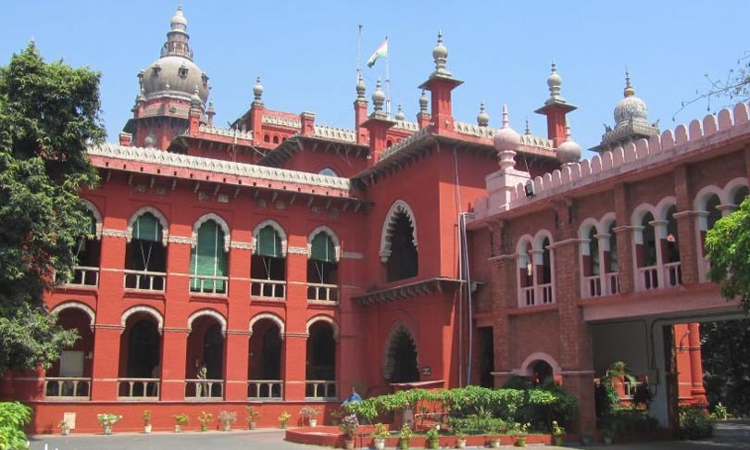Ex-Gratia For COVID Deaths : Madras High Court Asks TN Govt If It Wants To Pay Over Rs 50K Minimum
Sebin James
10 Nov 2021 10:28 AM IST

Next Story
10 Nov 2021 10:28 AM IST
In a PIL pertaining to ex gratia assistance payable to the heirs of deceased persons due to Covid 19, Madras High Court has held that Rs 50,000/- as fixed by the Supreme Court is the minimum amount that must be paid out of State Disaster Response Fund (SDRF). The Division Bench of Chief Justice Sanjib Banerjee and Justice P.D Audikesavalu went on to note that nothing bars the...
